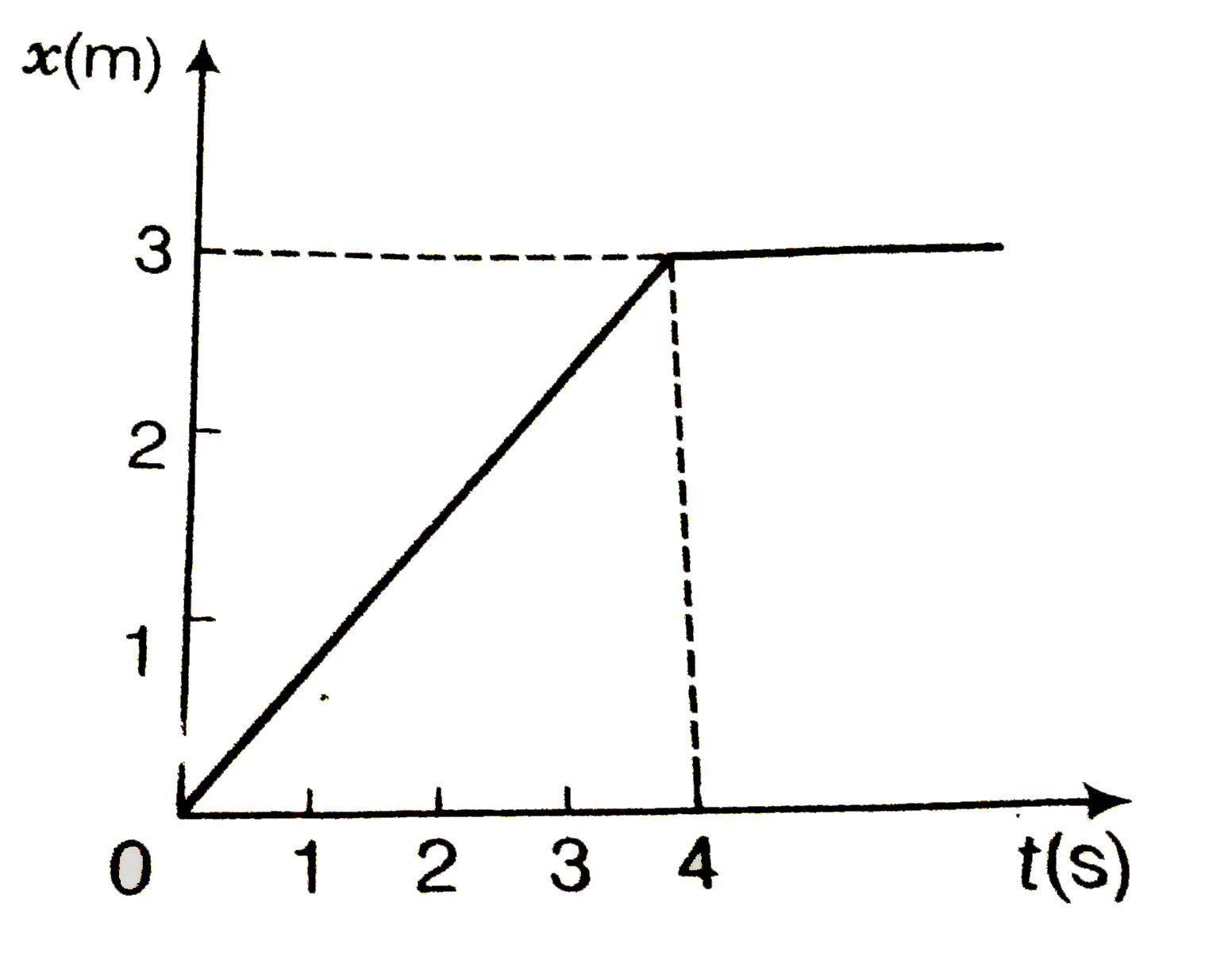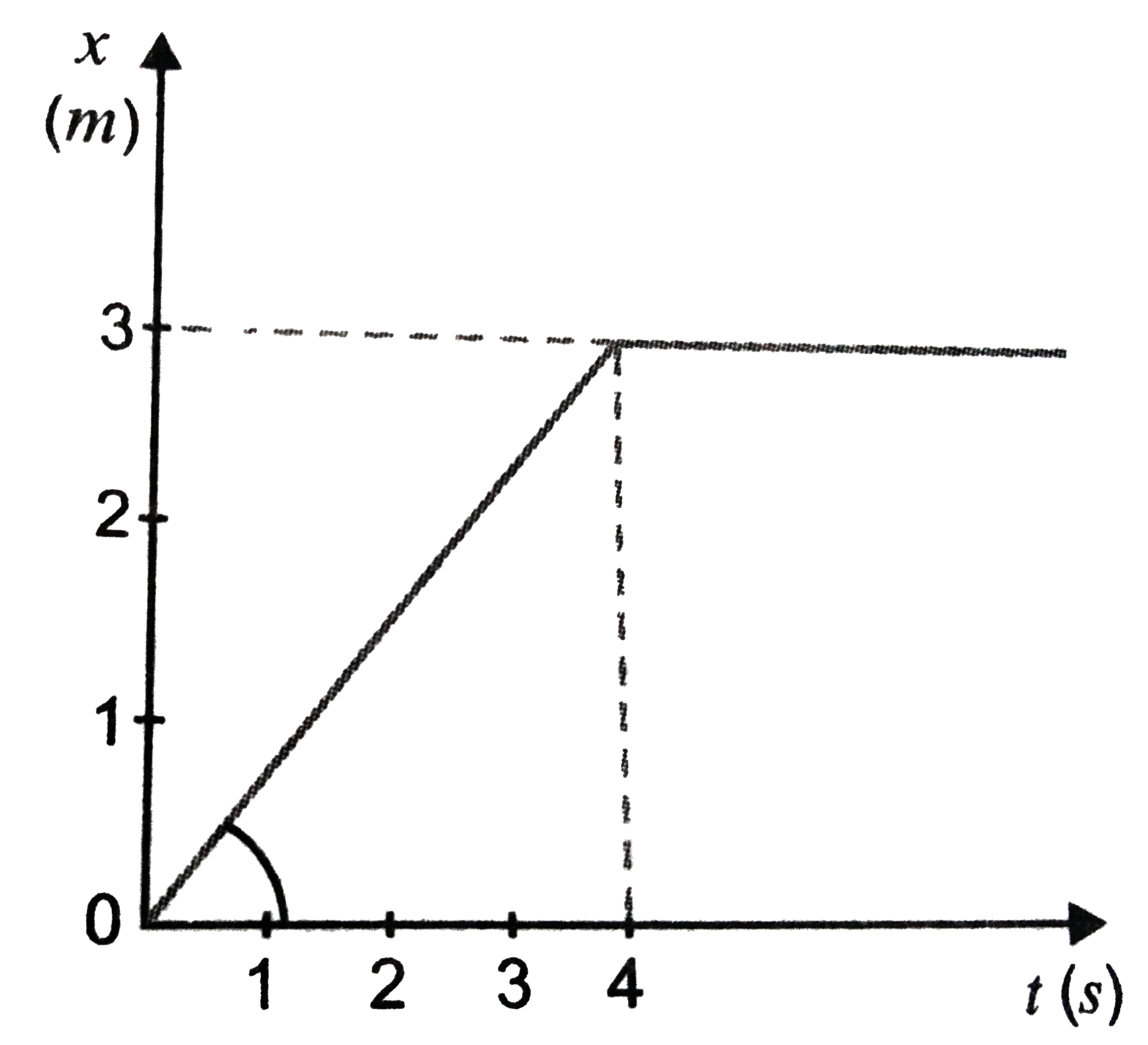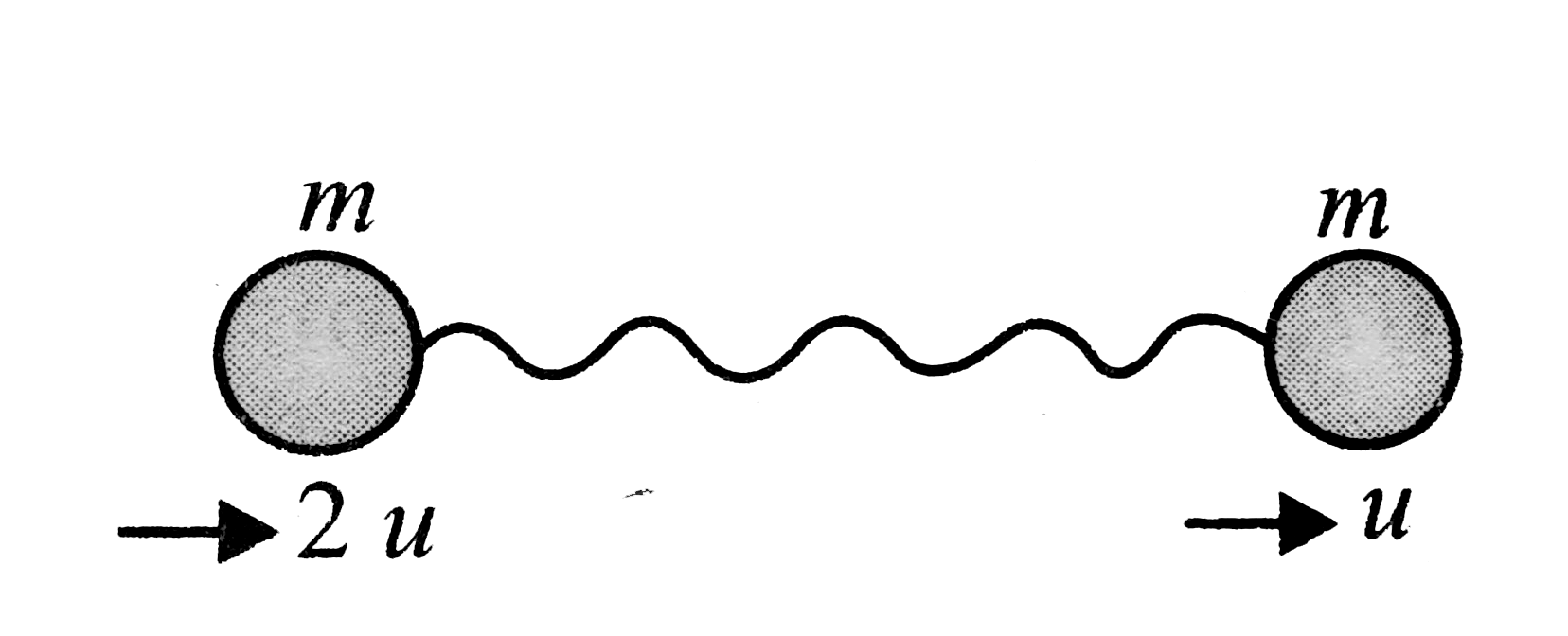What is an impulse ?
Step-by-Step Solution:
1. Definition of Impulse: An impulse is a signal that is generated in the neurons of the nervous system. It is essential for communication within the nervous system.
2. Structure of Neuron: The neuron is the functional unit of the brain and nervous system. It consists of various parts including the cell body, dendrites, axon, and synapses.
3. Generation of Impulse: Impulses are generated due to electrical signals and chemical changes within the neuron.
4. Role of Ions: The generation of an impulse involves the movement of ions across the neuron’s cell membrane. Key ions include sodium (Na+) and potassium (K+), which have different charges.
5. Depolarization: When there is a difference in charge across the cell membrane (due to the movement of sodium and potassium ions), depolarization occurs. This change in charge is what generates the impulse.
6. Transmission of Signal: Once generated, the impulse travels along the axon of the neuron, allowing the signal to be transmitted from one part of the nervous system to another.
7. Function of Impulse: The primary function of an impulse is to transfer signals, enabling communication between different parts of the body and the brain.
Topper's Solved these Questions
- THE NERVOUS SYSTEMBOOK - ICSECHAPTER - THE NERVOUS SYSTEMEXERCISE - EXERCISE (EXPLAIN IN BRIEF)
4 Videos
- THE NERVOUS SYSTEMBOOK - ICSECHAPTER - THE NERVOUS SYSTEMEXERCISE - EXERCISE
1 Videos
- PLANT LIFEBOOK - ICSECHAPTER - PLANT LIFEEXERCISE - EXERCISES (PICTURE STUDY)
10 Videos
- THE EXCRETORY SYSTEM BOOK - ICSECHAPTER - THE EXCRETORY SYSTEM EXERCISE - EXERCISE (EXPLAIN IN BRIEF.)
5 Videos
Similar Questions
The position-time graph of a body of mass 2 kg is as given in figure . What is the impulse on the body at t = 0 s and t = 4 s .

View SolutionA woman throws an object of mass 500 g with a speed of 25ms−1 .
(a) What is the impulse imparted to the object ?
(b) If the object hitts a wall and rebounds with the half the original speed , what is the change in momentum of the object ?
View Solution
Knowledge Check
The position time graph of a body of mass 2kg is as given in What is the impulse on the body at t=0 s and t=4s ?
 . A23kgms−1B−23kgms−1C32kgms−1D−32kgms−1
. A23kgms−1B−23kgms−1C32kgms−1D−32kgms−1
A batsman deflects a ball by an angle of 45∘ without changing its initial speed which is equal to 54kmh. What is the impulse imparted to the ball ? (Mass of the ball is 0.15 kg)
View SolutionTwo billiard balls each of mass 0.05 kg moving in opposite directions with speed 6ms−1 collide and rebound with the same speed. What is the impulse imparted to each ball due to the other ?
View SolutionA batsman deflects a ball by an angle of 90∘ without changing its initial speed, which is equal to 54 km/hr. What is the impulse to the ball ? Mass of the ball is 0.15 kg.
View SolutionA cricket ball of mass 200 gm moving with velocity 15 m/s is brought to rest by a player in 0.05 sec. What is the impulse of the ball and average force exerted by player ?
View SolutionTwo identical balls, each of mass m, are tied with a string and kept on a frictionless surface. Initially, the string is slack. They are given velocities 2u and u. in the same direction. Collision between the balls is perfectly elastic.

What is the impulse generated in the string during the first collision?
View SolutionA ball of mass 'm' is thrown vertically up-ward from the ground and reached a height 'h' before momentarily coming to rest , If 'g' is acceleration due to gravity . What is the impulse received by the ball due to gravity force during its flight ? (neglect air resistance )
View SolutionA batsman deflects a ball by an angle of 60° without changing its initial speed of 20 ms−1. what is the impulse imparted to the ball if its mass is 0.15 kg?
View Solution
